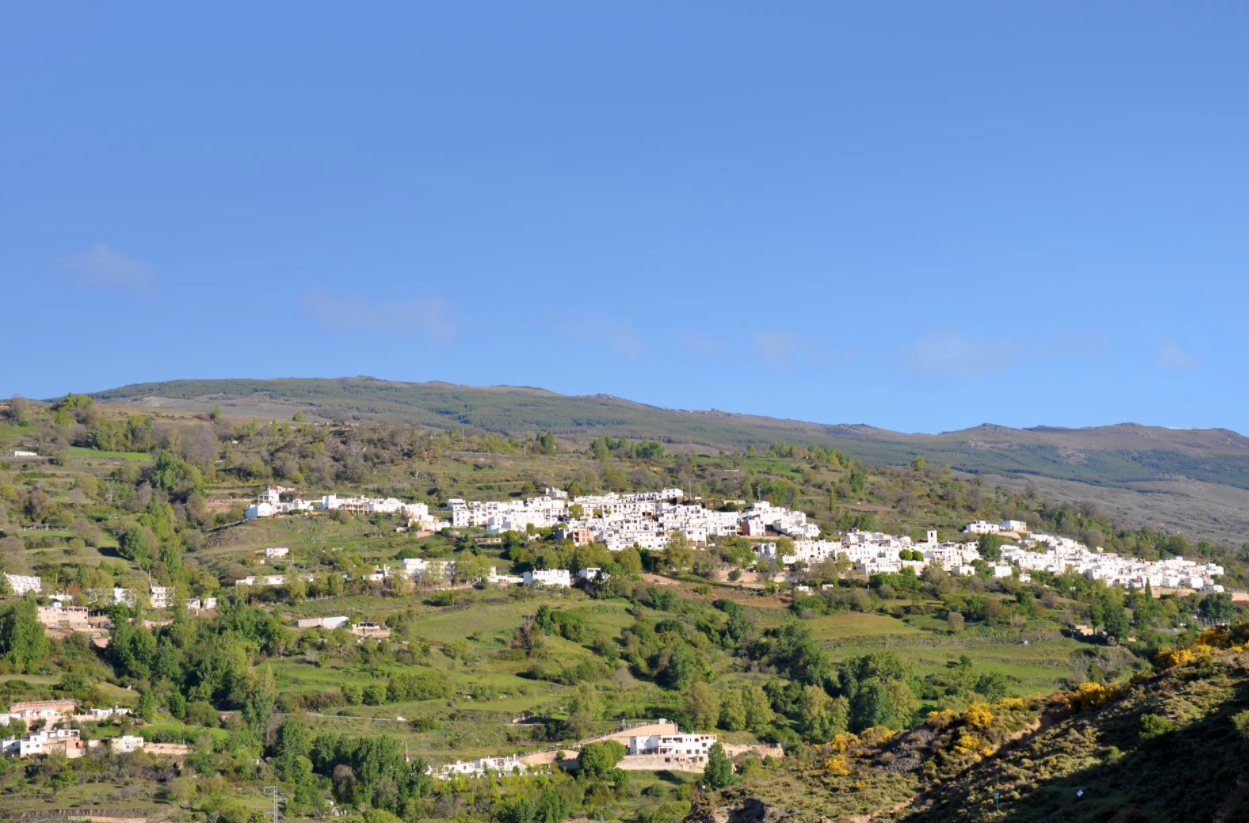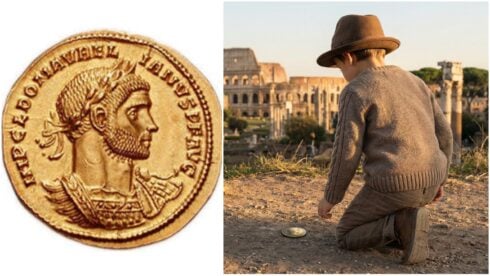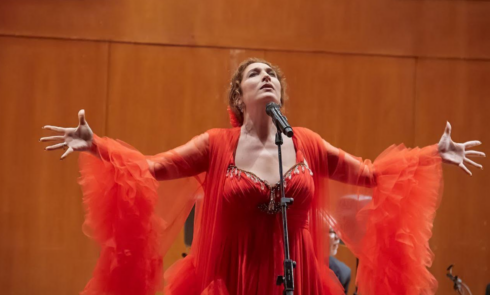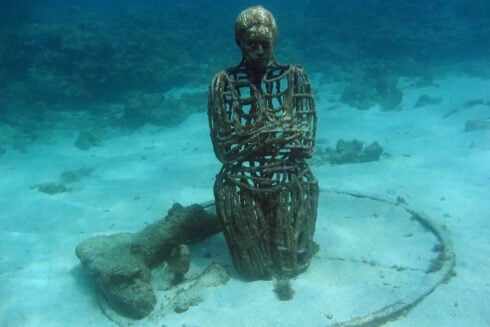GOOD luck is the reason why millions of Spaniards eat their 12 grapes on New Year’s Eve – but a stroke of bad luck has seen one Spanish town refuse to celebrate New Year’s at all in 25 years.
It was the last night of 1994 when a power cut brought New Year’s Eve celebrations to a halt in the village of Berchules in Granada.
Nearly all 800 inhabitants of the mountain village came out to protest the faulty electricity supply, exacerbated by a storm, which ruined their hopes of eating the 12 uvas de la suerte (‘grapes of luck’) and begin 1995 in good spirits.
New Year’s Eve in Berchules, on the slopes of the Sierra Nevada, has not been the same ever since.
But perhaps the village is the living embodiment of the Spanish phrase no hay mal que por bien no venga (lit. ‘there’s no bad that doesn’t bring good’).
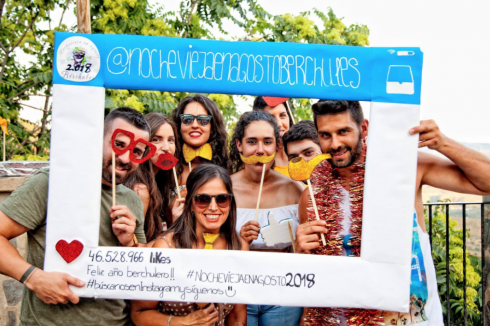
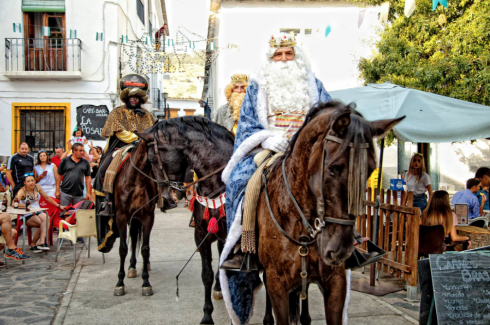
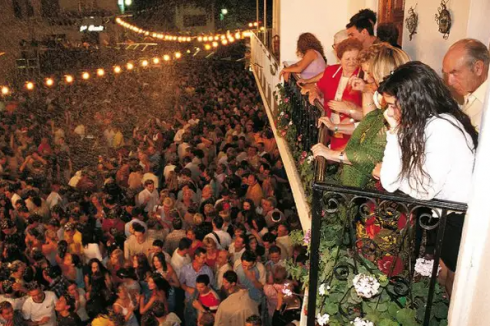
If it wasn’t for the bright idea of the village’s nightclub owner, Berchules wouldn’t be known across Spain as the village that celebrates New Year’s Eve smack in the middle of summer.
In 1995, the inhabitants of Berchules decided to hold their New Year’s Eve celebrations on the date least likely to see a powercut: the first weekend in August.
By 1997, the Berchulean Association of New Year’s Eve in August (ABNEA) was founded to oversee the festival – complete with Three Wise Men, nativity scenes and the 12 grapes at midnight – and its become one of the most popular festivals of the entire Alpujarras mountain region.
In the last four years, more than 10000 people have visited Berchules each year to take part in the summer fun.
“We get called by the media from all corners of the world, and visitors come in their cars to eat the grapes of luck with us,” one inhabitant said.
So popular is the festival that the Andalucian government declared New Year’s Eve in August an official festival of cultural interest.
Though they wouldn’t have known it that dark evening of December 31 in 1994, Berchules’ worst luck has turned out to be the village’s biggest blessing.
And now that power has returned in adequate supplies over the festive period, it means that Berchules is probably the only village in the world that gets to see in the New Year twice.
READ ALSO:
- How government scrooges in 1882 accidentally created Spain’s obsession with gobbling 12 grapes on New Year’s Eve
- Maximise your luck for 2022 by following these New Year traditions from Spain
Click here to read more Granada News from The Olive Press.

